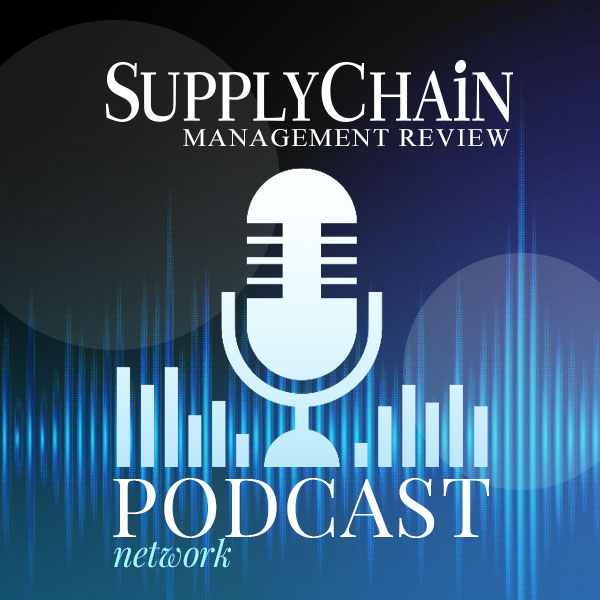It has been a long time coming but the world is finally updating its perspective on trade and international relations for the first time since the Cold War ended.
Inter-governmental organizations that were once set up to benefit the United States and certain allies are no longer needed, and in the next 10-20 years we will see the new world order re-align these treaties and organizations and create new ones. Fifty years ago, when many of these organizations were created, 20-percent of the world had its basic needs met, and now that has risen to 80-90-percent. Yet the popular mentality of most Westerners is that 80-percent of the world is troubled and inferior in its institutions, lifestyle and affluence.
It hasn't been true for decades that Westerners are the only ones living a middle-class lifestyle. Data from the United Nations and other sources shows that Westerners currently make up 60-percent while the “rest of the world” makes up 40-percent of the world's middle-class population—percentages that will flip by 2040. Westerners are slow to the realization that we are losing our position of dominance, even though that's a great thing overall for the rest of humanity.
Fritz Machlup came up with the idea of the “half-life of knowledge” being the time it takes for half of the knowledge about a subject to become obsolete. Supply chain managers still viewing the world through the lens of Cold War institutions like NATO and the United Nations are relying on knowledge that is well past its prime.
Probably one of the most important acts that a supply chain manager in the current uncertain environment could take would be to adopt a data-based approach to re-assessing global supply chains. Here are some pointers:
Be wary of what you read and watch in the media, especially when some public figures don't hesitate to make statements that create fog and confusion.
Look at data on incomes, technological trends, and other hard data, and use them as the compass for your strategy.
Map out the key relationships for your company and any key political or stakeholder influencers and be realistic about who will really hold the power in the future. The odds are good that they won't be from Europe or North America.
The world is changing rapidly, and the media is making it sound very scary and uncertain. Ballooning national debts have already led to defaults in a few Western countries and have left countries – such as the United States – with no choice but to reconsider how public expenditure is spent. Supply Chain managers need to monitor these shifts closely.
SC
MR

Latest Supply Chain News
- Humanoid robots’ place in an intralogistics smart robot strategy
- Tips for CIOs to overcome technology talent acquisition troubles
- There is still work to do to achieve supply chain stability
- Blooming success: The vital role of S&OE in nurturing global supply chains
- Supply chain salaries, job satisfaction on the rise
- More News
Latest Resources

 Explore
Explore
The Academy News
- Predicting stockouts: Enhancing FMCG resilience through data-driven insights
- Finding the Right Approach for Supply Chain Education
- The Supply Chain Triad
- Innovating Supply Chain Higher Education with Generative AI
- How Smart Supply Chain Management Boosts Brand Identity
- Project-Based Learning Moves the Classroom Into the Real World
- More The Academy
Latest Academy Resources

Subscribe

Supply Chain Management Review delivers the best industry content.

Editors’ Picks





